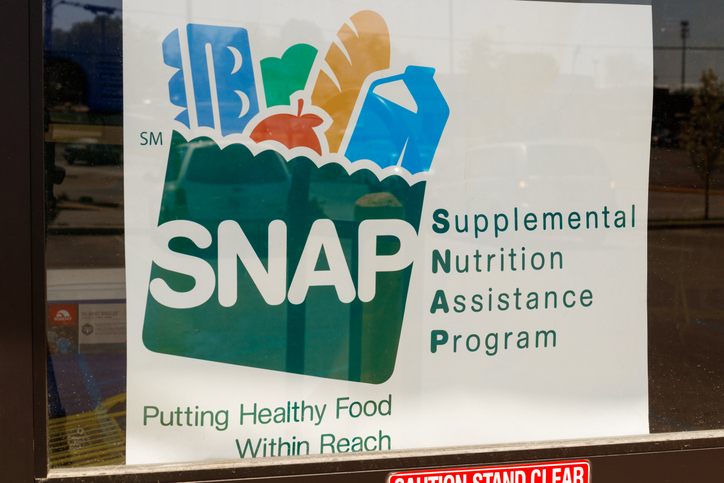As the federal government shutdown continues, Democratic-leaning states are turning state-run websites and online resources into a platform to push back against the Trump administration, and the SNAP freeze is at the center of the effort.
Massachusetts’ SNAP page informs residents at the top of their SNAP page that President Trump has frozen November benefits, affecting all who rely on the program. New York warns that November SNAP benefits and Home Energy Assistance Program applications are delayed due to the federal funding lapse, urging citizens to contact Congress about the impact. Illinois released a rather strong statement putting the reason for the shutdown and SNAP benefits cut is Trump’s administration.
Pennsylvania posted their own statement nearly echoing some of the federal government’s format: “Because Republicans in Washington D.C., failed to pass a federal budget, causing the federal government shutdown, November 2025 SNAP benefits cannot be paid.”
What makes these announcements notable is their tone and timing. Many federal government websites and social media accounts have blamed Democrats for the shutdown, but Democratic states are using their platforms to highlight the human consequences of the impasse, effectively holding the Trump administration accountable in plain sight. The messaging is straightforward, factual, and just slightly cheeky — a digital “taste of their own medicine.”
Online activists and residents amplify these posts with memes, infographics and commentary juxtaposing Trump’s leisure activities with citizens waiting for food benefits. In an almost grassroots movement, many users are posting information about where people can get food from local community organizations and food banks.
State governments and local actors are leveraging digital platforms to document policy failures, mobilize engagement, and counter federal messaging in real time. Humor and satire play a supporting role, but the posts also function as public service announcements, keeping citizens informed while nudging accountability.
In an era where online messaging shapes political narratives, Democratic-leaning states are proving that digital platforms can be a weapon against federal overreach, turning routine policy notices into statements of resistance and political commentary.


